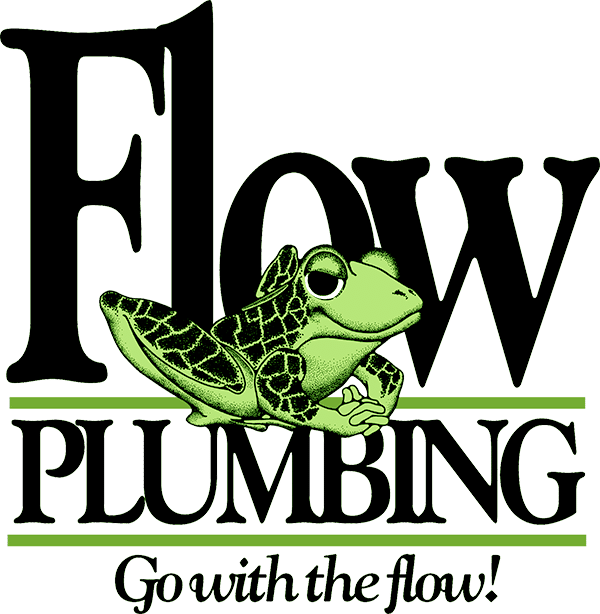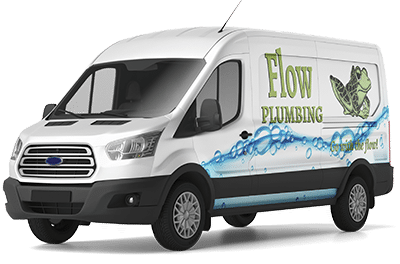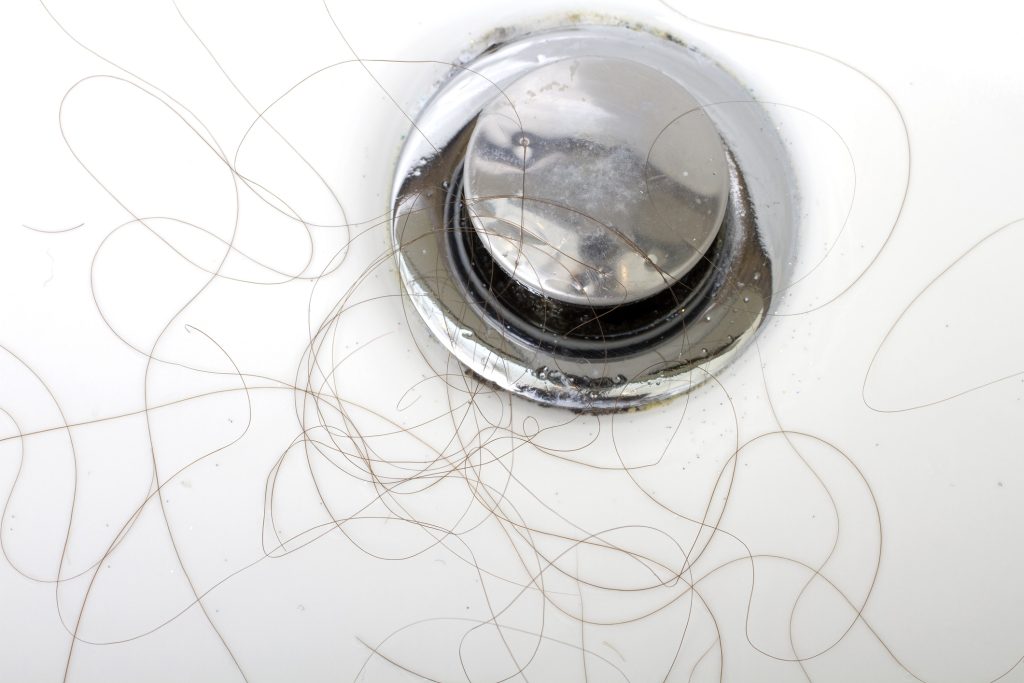There is never a good time to discover a clogged drain. In many cases, there were signs that an issue was in the making. But all too often, busy homeowners overlook these hints, such as a slow clearing drain or one that makes odd gurgling sounds. And the result is standing water in a sink, tub, or shower. Hopefully, you see the issue quickly and turn off the water before there is a significant flood that can cause additional water damage to your floors, walls, and interior finishes.
As soon as you are faced with a clogged drain, the best solution is a fast call to (214) 388-8838 for a professional drain cleaning. This process uses nothing but clear water at very high pressure to remove the clog and all of the residue stuck inside your drain pipes. And the licensed plumbers from Flow Plumbing are experts at operating this machine in an effective yet pipe safe manner. Never resort to caustic chemical drain cleaners that release toxic fumes into your home and could also cause severe damage to your drain pipes.
To avoid all of the inconveniences that occur when you have a clogged drain, our team recommends being very selective about what goes down the pipes in your home. As a rule, most food waste and trash should be disposed of in a garbage receptacle to avoid nasty clogs. Below is a list of items that our licensed plumbers frequently discover when they visit a home to eliminate a drain clog.
DIAPERS
This might sound crazy, but there are people out there who think that disposable diapers are flushable. And that is far from the truth. A diaper is sure to create a clog that will stop the flow of everything trying to find its way to the city sewer main. If you need to empty a diaper into the toilet, be sure that you do not drop it all in the bowl. Your drains and sewer line cannot handle diapers.
HAIR AND DENTAL FLOSS
Both of these items might appear harmless. But when there is a considerable accumulation, a clog is not far behind. Sure, a few hairs could escape down the shower drain, but intentionally allowing hair and used floss to go down the drain is not a good idea. One solution for hair is to install mesh screens in all of your sink, tub, and shower drains. They cost only a few dollars and can save a massive plumbing bill. For some reason, many people think that it is ok to flush dental floss. But that is also a serious piece of misinformation. Throw it in the trashcan and avoid a drain clog at the most inopportune time.
PAPER PRODUCTS
Only toilet paper is designed to break down in water. All other products are going to swell and create a blockage in your drain pipe or sewer line. Prohibited items include paper towels, napkins, cotton balls, swabs, and feminine hygiene products. Place all paper products other than toilet paper in the trashcan.
FAT, OIL, AND GREASE
It can be very tempting to wash used cooking oil or grease down the sink when you are washing pots and pans. But that grease is sure to stick to the walls of your drainpipe and turn into a sticky mess when it dries. And even if you are running hot water down the drain, that water, and the grease, will cool at some point while traveling through the pipes. And when it does, it will add to the nasty residue on the walls of the pipe and become a magnet that will attract all of the debris that is flowing past. Oily residue is the number one clog ingredient in almost every residential drain.
COFFEE GROUNDS
You might think that tiny little coffee grounds will wash right down your drain pipe. But in most cases, the issues begin right in your kitchen sink as they get lodged in your garbage disposal. They pack in like little bits of sand and clog the mechanism. And the grounds that do make it to your drain line quickly get trapped in the greasy residue. Soon your drain is almost entirely blocked by this mixture of coffee grounds and old, solidified oil.
If you want to avoid a panic over a clogged drain that is about to flood your home, be diligent about what you flush and wash down your home’s drains. Food debris, trash, and hair are all items that need to find their way to the trash receptacle and not your drains. And no matter how careful you are about what goes down the drain, plan on a proactive professional drain cleaning each year from Flow Plumbing to avoid nasty drain clogs.











